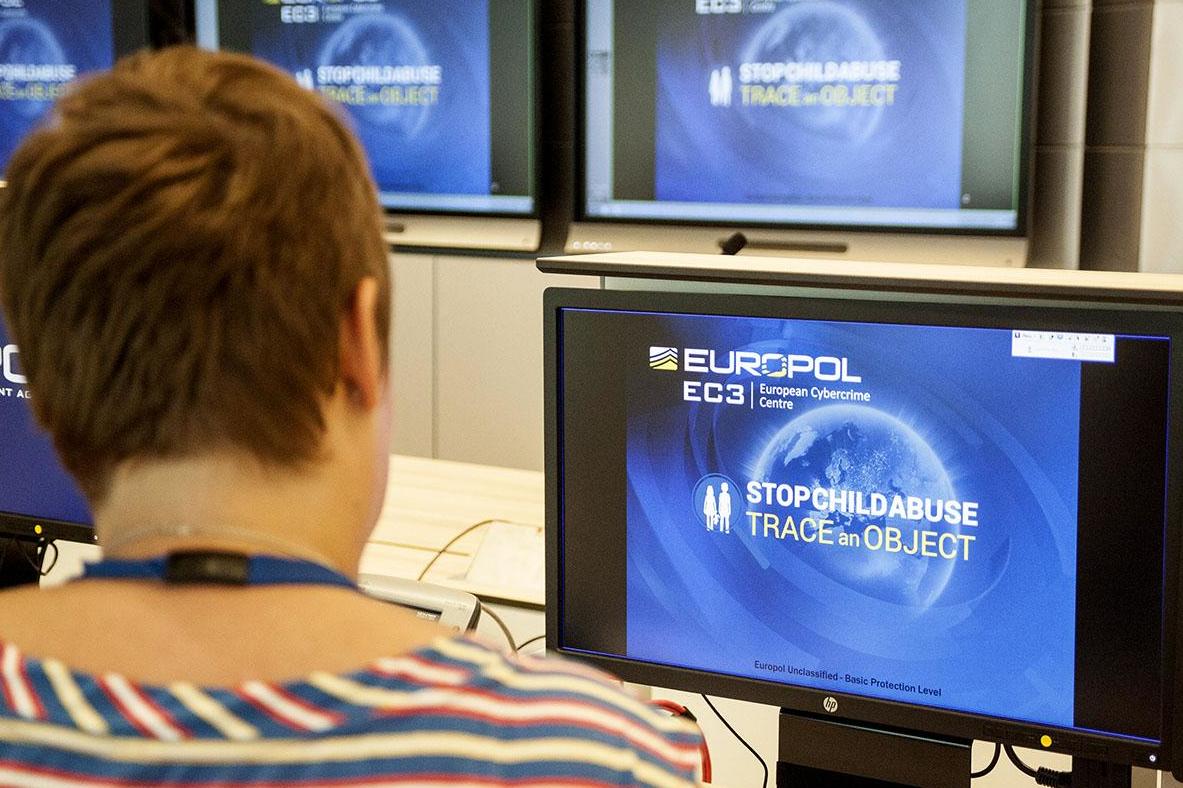This is why Brexit is so bad for security, even if Theresa May’s deal is approved
Everybody agrees the public will be at risk if the UK crashes out of the EU without a deal – but that is only half the story


Experts agree the public will be at greater risk from criminals and terrorists if the UK crashes out of the European Union without a deal – but that is only half the story.
Amid the blizzard of no-deal warnings – from ministers, police chiefs and security experts – the very real threat to safety, even if MPs approve Theresa May’s Brexit agreement, is in danger of being overlooked.
Two little-noticed recent admissions underline how Britain will become a less secure, as well as a less prosperous, country, regardless of the type of Brexit we end up with.
The first concerns Europol, the EU’s crimefighting agency, which – as the government stated last summer – is “at the heart of the efforts to tackle serious and organised crime and terrorism across Europe”.
In November, the Home Office admitted to MPs it had lost its battle to stay in the agency after Brexit and was now focused on damage limitation instead.
With the UK’s seat on Europol’s management board disappearing, the aim was to find a “workable way of ensuring we do not see a major drop in interactions with Europol”.
A few weeks later, the prime minister herself faced tough questions about access to the European Criminal Records Information Statistics (ECRIS) and the Schengen Information System II (SIS II) – two key EU databases.
British police accessed ECRIS almost 100,000 times in 2016, for information about foreign criminals, and made more than 500,000 queries to SIS II in 2017, for data about suspects, missing persons or vehicles.
Ms May admitted the UK was set to lose the current level of access, telling MPs: “We do not have the SIS II database and the ECRIS database specifically identified in the political declaration [accompanying the withdrawal agreement].
The truth is that the security deal available falls far, far short of the existing closely intertwined cooperation – breaking Ms May’s promise, earlier this year, of a “deep and special partnership”.
The European Arrest Warrant is also set to go, making the extradition of foreign criminals slower and more bureaucratic by giving them more “procedural rights”.
As Cressida Dick, the Metropolitan Police commissioner, said on Wednesday, post-Brexit security will be “more costly undoubtedly, slower undoubtedly and, potentially yes, put the public at risk”.
And remember, this is the future even if the Brexit deal is approved.
Got an unanswered question about Brexit? Send it to editor@independent.co.uk and we’ll do our best to supply an answer in our Brexit Explained series
Join our commenting forum
Join thought-provoking conversations, follow other Independent readers and see their replies
Comments